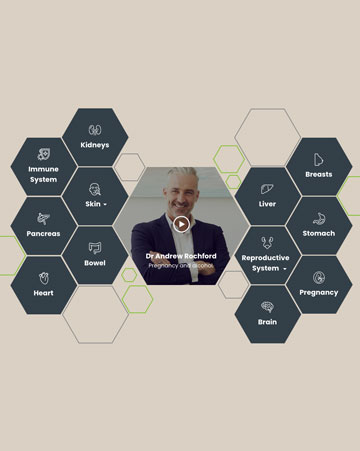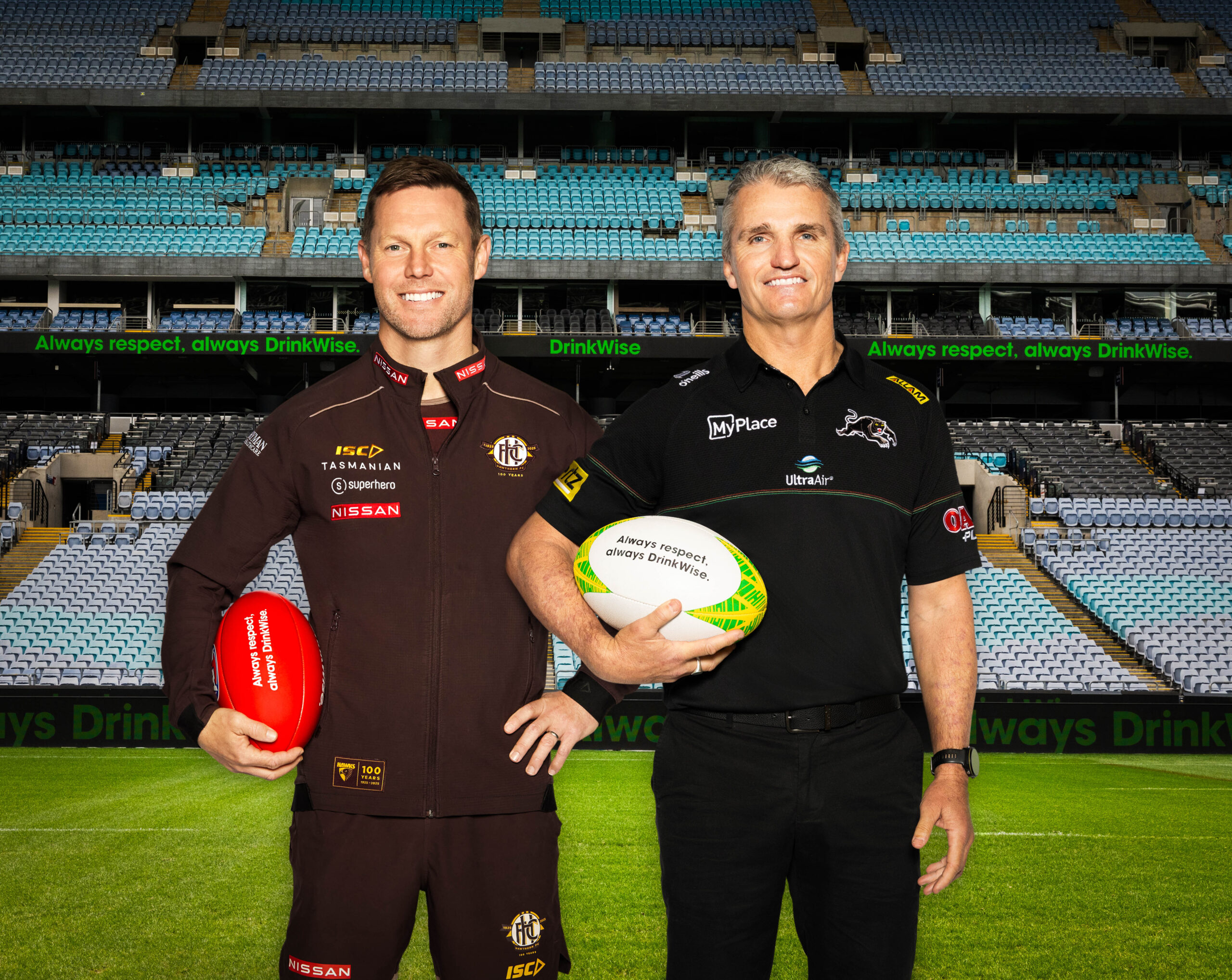Alcohol poisoning: when drinking turns toxic

Alcohol poisoning is extremely dangerous and, without prompt medical treatment, may even lead to serious illness or death.
If you think someone has alcohol poisoning, call for emergency medical help straight away.
Alcohol poisoning happens when you drink a large amount of alcohol, usually over a short period of time. Your blood alcohol concentration (BAC) is so high that it is considered toxic.
Your liver can only process about one standard drink per hour. If you drink more quickly than this, it will increase your BAC. The faster you drink, the higher your BAC will be, and the greater your chance of alcohol poisoning.
Even when you stop drinking, your BAC will continue to rise for a while. This is because alcohol in your stomach and intestines will continue to be absorbed into your bloodstream. This happens even if you are unconscious.
Know the symptoms of alcohol poisoning
If you think someone has alcohol poisoning, call triple zero (000) for an ambulance straight away.
While you wait for help:
Stay with the person
Keep them warm
If they are awake, try to keep them in a sitting position and awake
Help them to drink sips of water
If they are unconscious, put them in the recovery position (on their side to keep their airway open) and check that they are breathing
Talk to them in a calm way
If someone has drunk too much alcohol, DO NOT:
Leave them to sleep it off: the amount of alcohol in their blood will continue to rise even when they have stopped drinking.
Let them drink more alcohol: the amount of alcohol in their bloodstream will become even higher – which could put them in more danger.
Make them vomit: alcohol can interfere with your gag reflex. They might choke on their own vomit.
Walk them around: alcohol slows brain function and affects your co-ordination and balance. Walking them around might cause accidents.
Put them under a cold shower: alcohol lowers your body temperature. A cold shower could make them colder than they already are and lead to hypothermia.
Give them coffee: having too much alcohol and coffee changes how your nervous system responds to alcohol. This can make their symptoms worse.

 Audio
Audio Video
Video



